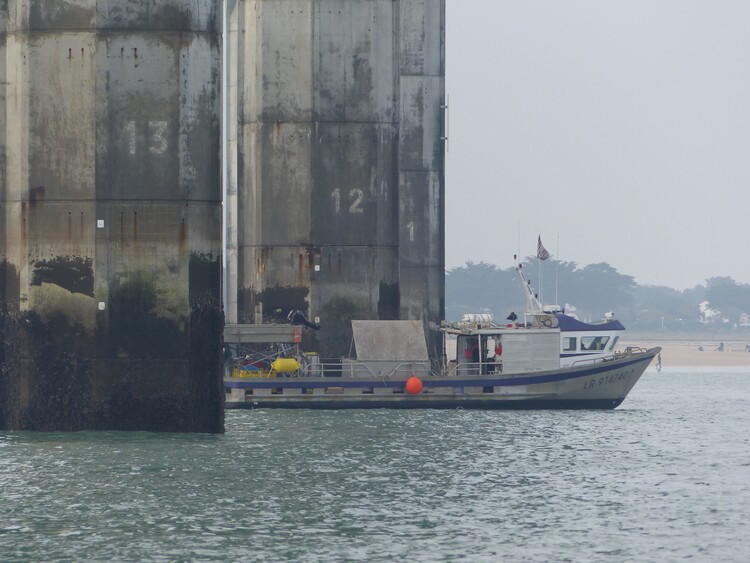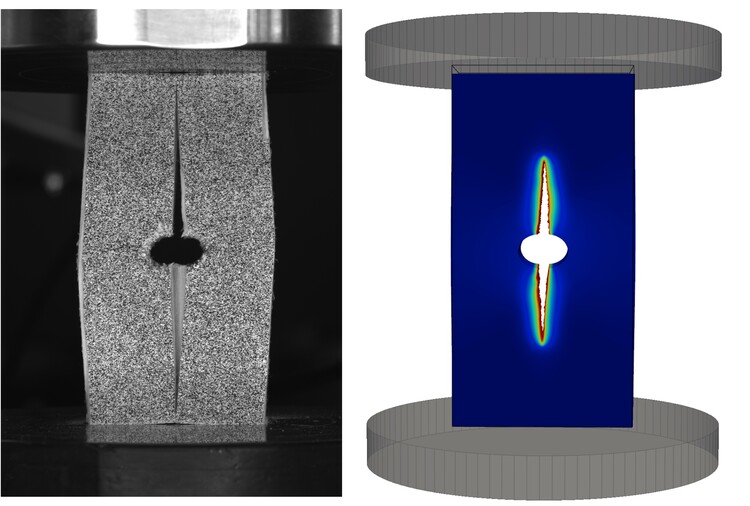Unpublished data on corrosion in engineering structures
The DéCoF-Ré project has carried out a major data acquisition campaign on the piers of the Île de Ré bridge, with the aim of improving the reliability of corrosion diagnostics on engineering structures in the maritime environment. This unprecedented work is shared through four data sets.
Read moreHow do embankments stand up against earthquakes?
Chedid Saade defended his thesis at the end of 2023. His work sheds light on the behaviour of an embankment such as a dyke in the event of an earthquake, particularly following ground liquefaction. He shares his findings with the scientific and professional seismic risk community.
Read moreA code to simulate wood-cracking
As part of a collaboration between the Technological Institute FCBA and the MSME Laboratory, PhD student Matthieu Noel has designed a code to model and simulate cracks in wood materials. He is happy to share it with furniture manufacturers, as well as mechanical and civil engineering companies.
Read moreCorTexT, a platform for researchers in the humanities and social sciences
In response to the diversification and multiplicity of increasingly complex data sources, the CorTexT platform offers innovative tools and methods for exploring and analysing texts for those working in the humanities and social sciences. Developed in the LISIS laboratory, it is based on three key principles: expertise, sharing and openness.
Read moreOptimising and extending the life of lithium-ion batteries
In the LICIT-ECO7 laboratory, two researchers are drawing up “profiles” of lithium-ion batteries and assess their performance using characterisation and ageing tests. Their data, which is made open, aims to promote the use of batteries for as long as possible.
Read moreThe only french database that records injuries from road accidents
The Rhône Road Trauma Registry is a unique tool in its field, providing an exhaustive database of road traffic casualties (injured or deceased) in the Rhône since 1995. It is a wealth of information for road safety research, coordinated by UMRESTTE.
Read more




